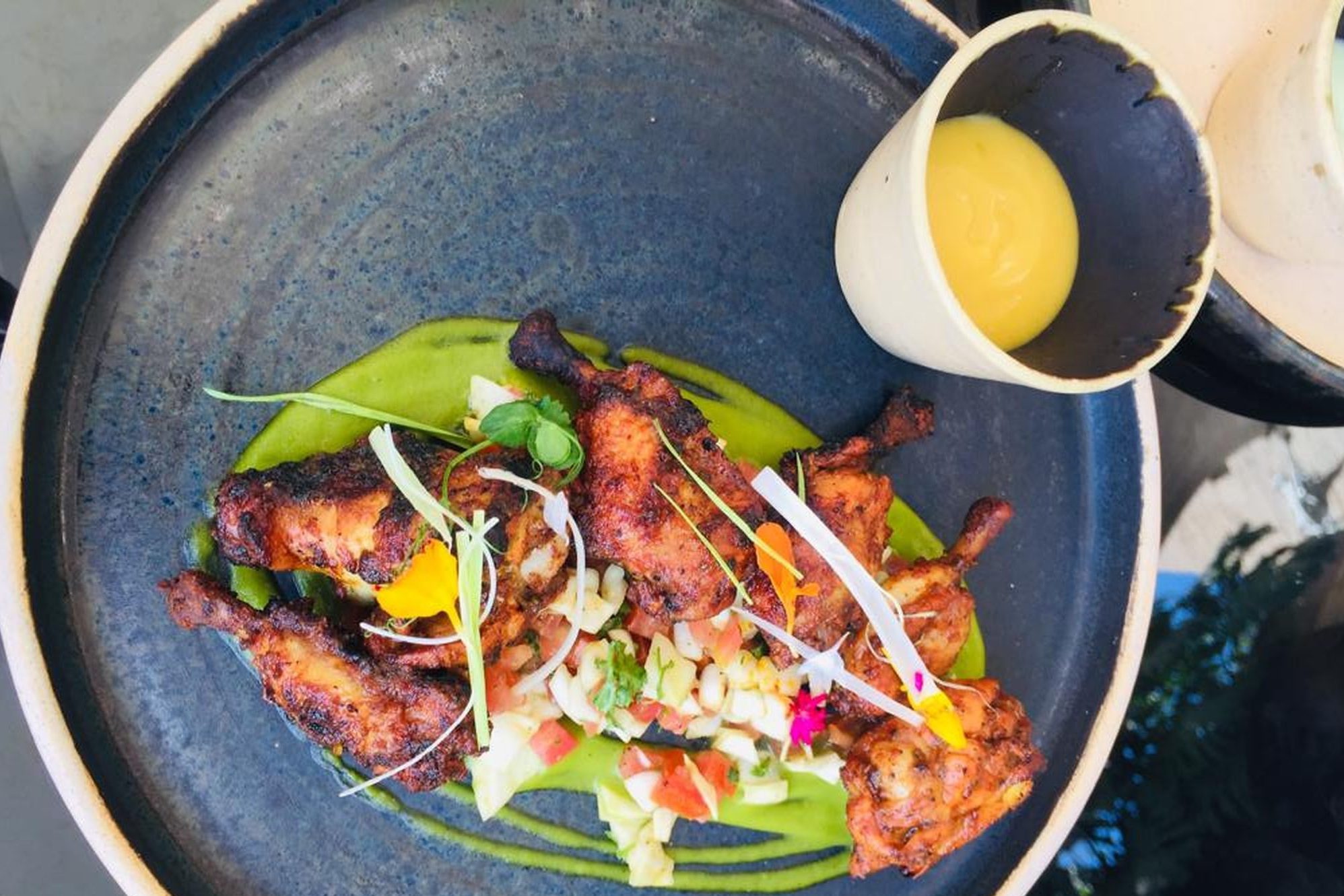Skift Take
Hotels must ensure that they are in touch with every bit of the local culture, including food. While some are trying to include local food in their menus, it's worrying that many luxury hotels feel that international cuisine is the standard for luxury.
Guests staying at major international hotels in Kenya will likely notice its restaurants serving local dishes, a major shift from the Asian and continental European dishes historically linked to luxury brands. But what’s driving the change?
Kenya’s hotels increasingly view local dishes as a way to attract guests — as well as generate revenue with more travelers choosing hotels based on its dining options. As hotel food and beverage is becoming more important for travelers, those hotels are promoting the opportunity to eat local foods at their restaurants.
“Food … boosts revenue as every guest (is interested in trying) the local cuisine,” said Shivram Gangadharan, the general manager of the Radisson Blu Hotel & Residence, Nairobi Arboretum. “We have seen lots of guests come in because of that.”
The Nairobi Arboretum is not alone among prominent global hotel chains in emphasizing Kenyan cuisine. The Hilton Nairobi‘s poolside restaurant serves guests Kenyan barbecue or nyama choma every Wednesday while the Accor-owned Mövenpick Residences Nairobi hosts a weekly African-themed night that showcases local dishes.
The Tribe Hotel, a luxury property located in the heart of Nairobi, can attest to the importance of Kenyan cuisine to guests. Shamim Ehsani, the Tribe’s co-founder and marketing director, believes the hotel’s emphasis on international cuisine at its restaurant Jiko drove its guests to seek local dishes at other restaurants.
“To a large extent, our previous menu was safe, with Italian and continental European dishes that appealed to a generic traveler,” said Ehsani, whose hotel uses cutlery produced by local artisans. “(But) the food didn’t stand for anything. And while it was great tasting, it was almost forgettable.”
Ehsani also attributed the large-scale shift to local dishes to his staff’s greater comfort with Kenyan cuisine, stating that most waiters in luxury hotels find it difficult to explain menus they don’t understand. The Tribe’s staff has taken a collaborative approach to developing the menu at the Jiko, often drawing on family recipes to create dishes.
“You might have a beautiful hotel but if your team is not engaged with the menu or anything that is happening there, the customers will notice and this will reflect badly on the hotel,” said Ehsani. “All of our staff has tasted the dishes and that makes them able to sell it and educate the guests.”
Although Ehsani believes Kenya’s cuisine has evolved to a point where it can be showcased internationally, Gangadharan admits his hotel’s food may not be to all guests’ liking.
“Despite the fact that all the ingredients are locally available, some guests do not embrace the food since they do not know what to expect from (it),” Gangadharan said, adding that the Nairobi Arboretum plans to stage food festivals to help promote local flavors.
Ehsani acknowledges the Tribe faces similar hurdles. But he’s adamant his hotel will continue to showcase local dishes.
“The spices and ingredients might be unfamiliar, which may alienate some palates,” he said. “But it’s time for the story of Africa’s cuisine to be shared, and we want to use our platform to showcase the extraordinary flavors of the continent.”
Have a confidential tip for Skift? Get in touch
Tags: Business Travelers, climate change, food and beverage, food and drink, food tourism, hotels, kenya, sustainability
Photo credit: Grilled chicken wings made with mitmita spices, zatar and served with tomato, mango dip and kachumbari salad at the Tribe Hotel. Kachumbari is a common dish in Kenya Harriet Akinyi
